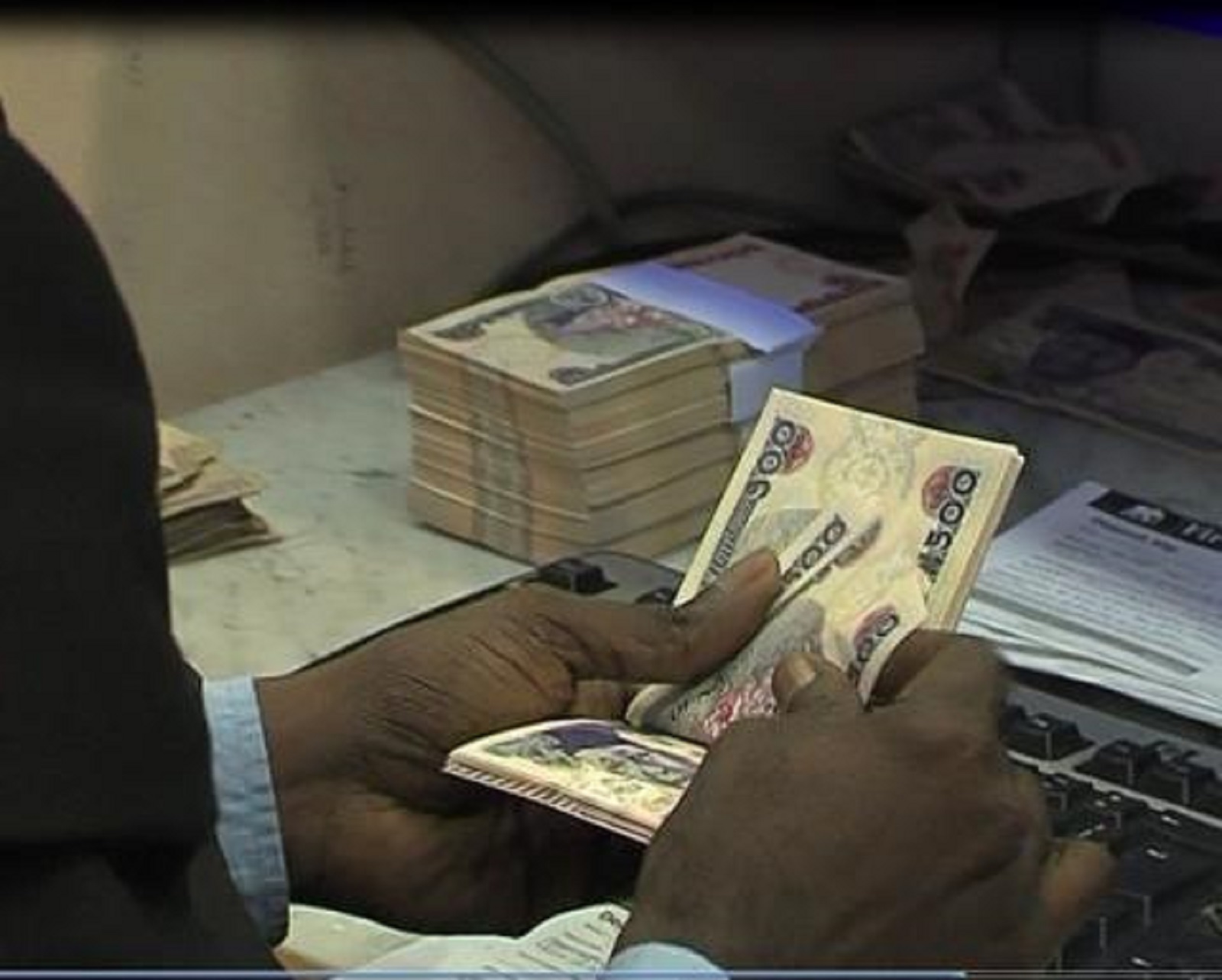Nigeria’s Money supply has spiked to N64.3 trillion.
Newsonline Nigeria reports that Nigeria’s money supply increased to N64.3 trillion in the month of June 2023 the highest we have ever recorded in Nigeria.
This compares to N55.5 trillion recorded in the month of May or a whopping N8.8 trillion increase. This is according to the latest data from the central bank of Nigeria as contained in its money and credit stats.
The money supply, also known as M2, refers to the total amount of money available in an economy at a specific point in time.
It encompasses physical currency, such as coins and banknotes, as well as various types of deposits held by individuals, businesses, and institutions in banks and other financial institutions.
Why this matters: Money supply serves as an important indicator for assessing interest rates and the potential for inflation in a given period.
- The current increase in money supply in Nigeria coincides with challenges such as rising inflation, pressure on the exchange rate, and lower interest rates.
- This situation implies that as the money supply expands, there is a higher likelihood of inflation rising, thereby reducing purchasing power.
- Additionally, a higher money supply can lead to lower interest rates, particularly when there is limited availability of investment assets.
- Consequently, this can make Nigerian assets less attractive to foreign investors, which is problematic since Nigeria relies on importing dollars into the country.
- In an interview on Arise Tv Ugodre, the founder of Nairametrics, suggested that the increase in money supply might be influencing inflation and contributing to the prevailing low-interest rates.
As the central bank’s monetary policy committee convenes to discuss monetary policy, the impact of the increased money supply on their decision regarding the monetary policy rate (MPR) will likely be a primary topic of discussion.
Key highlights of the data
M2 breakdown – A preliminary examination of the data indicates that two components of the money supply, namely demand deposits, quasi money, and currency outside banks, also experienced increases.
- In particular, quasi-money, which refers to financial instruments that can be readily converted to cash, saw a significant rise of N6.8 trillion during the month.
- Analysts at Nairametrics suggest that this increase may be attributed to the revaluation of certain dollar-based investments.
- Furthermore, demand deposits, which mainly consist of chequing accounts or cash held in banks that can be withdrawn without prior notice, experienced growth of N1.9 trillion.
- As for currency outside banks, it only saw a modest increase of N80.8 billion.
M3 also increases – In addition to the components of M2, there is another measure of the money supply known as M3, which includes the sum of net domestic assets and net foreign assets.
- Both of these components experienced increases on a month-on-month basis.
- Notably, net foreign assets witnessed a significant rise, adding N6.1 trillion to the N4.9 trillion recorded in May 2023, resulting in a total of N11.1 trillion.
- This figure represents the highest level seen since November 2019 when net foreign assets reached as high as N14 trillion.
- During that time, Nigeria attracted significant foreign portfolio inflows due to higher interest rates.
The relationship between M3 and M2 indicates a combination of factors contributing to the increase, including the revaluation of dollar assets, the addition of new assets, and credit creation during the month.














